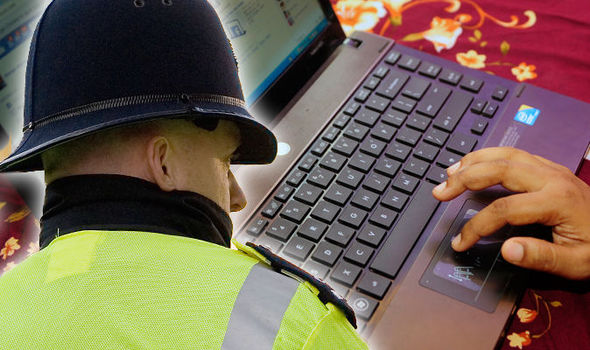-
Tips for becoming a good boxer - November 6, 2020
-
7 expert tips for making your hens night a memorable one - November 6, 2020
-
5 reasons to host your Christmas party on a cruise boat - November 6, 2020
-
What to do when you’re charged with a crime - November 6, 2020
-
Should you get one or multiple dogs? Here’s all you need to know - November 3, 2020
-
A Guide: How to Build Your Very Own Magic Mirror - February 14, 2019
-
Our Top Inspirational Baseball Stars - November 24, 2018
-
Five Tech Tools That Will Help You Turn Your Blog into a Business - November 24, 2018
-
How to Indulge on Vacation without Expanding Your Waist - November 9, 2018
-
5 Strategies for Businesses to Appeal to Today’s Increasingly Mobile-Crazed Customers - November 9, 2018
United Kingdom surveillance bill will let cops access everybody’s web history
United Kingdom police are lobbying the government to be given access to every UK Internet user’s Web browsing history as part of the new Snooper’s Charter-the Investigatory Powers Bill-which is expected to be published next week.
Advertisement
One police chief told The Times he wants to have the same freedom to look at what websites people visited as if they had walked into a bank. “But we need to balance this with the needs of the vulnerable and the victims”, he said.
But Theresa May has previous told the Commons that by not granting updated power to security and enforcement services, they were technologically behind the criminals they were trying to track.
“Those threats remain considerable and they are evolving”.
“They include not just terrorism from overseas and home-grown in the United Kingdom, but also industrial, military and state espionage”.
Police said they need the powers because the scale of activity carried out online meant traditional methods of surveillance and investigation were becoming more limited, but accepted the measures would need safeguards to protect privacy. In addition, the powers would be used to combat “organised criminality” and “the proliferation of once physical crimes online, such as child sexual exploitation”.
“We essentially need the “who, where, when and what” of any communication: who initiated it, where they were and when it happened. And the technological challenges that brings”.
He said: “It’s extraordinary they’re asking for this again, they are overreaching and there is no proven need to retain such data for a year”, he said, adding that they needed to “prove their case – not just assert that they need it”. It never went ahead, however, because the Liberal Democrats blocked the bill due to privacy concerns.
The new plans would force telecom firms and internet service providers to keep records of the internet histories of all customers for a 12-month period, the Daily Telegraph reports.
Access to this data will be granted to police, the National Crime Agency, intelligence agencies and HM Revenue and Customs.
Previously a poll by YouGov for Big Brother Watch found nearly three-quarters of people did not trust that the data would be kept secure.
It comes as David Cameron, the Prime Minister, announced moves to strengthen its treaty with America to ensure Internet companies based there hand over requested data on suspects.
Advertisement
A few of the largest companies have been increasingly reluctant to supply customer communications in the wake of the claims of mass surveillance programmes by former Central Intelligence Agency contractor Edward Snowden.





























